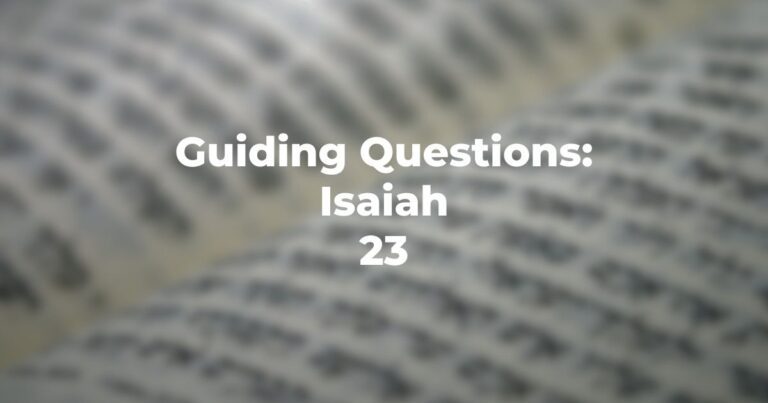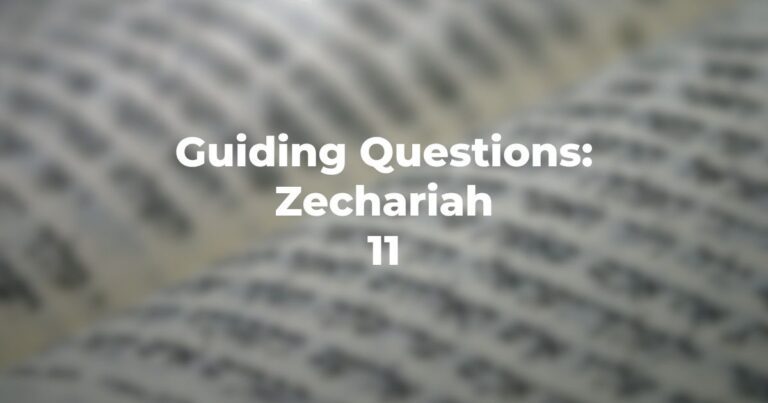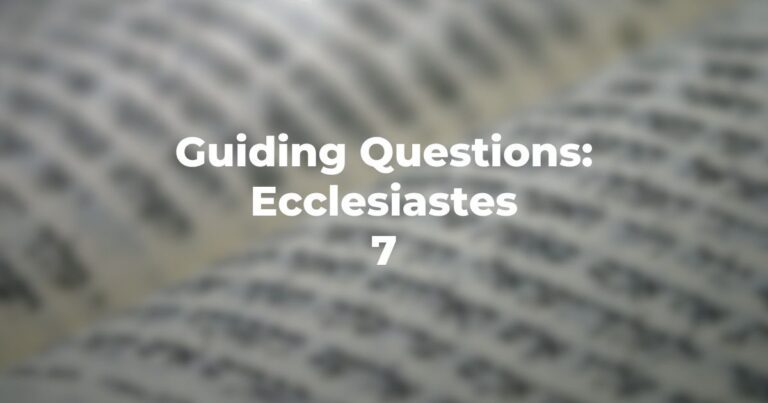- How does Jeremiah communicate with the exiled community in Babylonia?
- What is “God’s word” as transmitted by the message (Jeremiah 29:5 et seq.) — return to Eretz Yisrael or prolonged exile?
- How should the exiles relate to the authorities/community of their exile — rebellious or accepting?
- And, if “accepting”, passive or active affirmative measures?
- Was Jeremiah’s message an echo of the necromancers and “prophets” resident in the exile?
- How long before restoration to Eretz Yisrael would take place (Jeremiah 29:10)?
- Eventually, then, will God respond to the exiles’ hopes?
- And, as to those remaining in Jerusalem, are they regarded as devoted patriots or misleaders or charlatans?
- Does Jeremiah’s prophecy (and communication) to the Babylonian exile community call for resistance, plans for immediate return — or denunciation of efforts to do either/both?
- Is he, then, a “traitor”? A realist? An aspirer to meaningful efforts at the proper time?
- And, as to Shma-Yah (the “nehelami” – dreamer? interpreter of dreams?), what is to become of him?
- What tension, then, does this chapter reflect as to the correct posture of (a) the exiles and (b) the remnant of Eretz Yisrael?
- In fact, how did history resolve this tension?
Author
-

Exploring Judaism is the digital home for Conservative/Masorti Judaism, embracing the beauty and complexity of Judaism, and our personal search for meaning, learning, and connecting. Our goal is to create content based on three core framing: Meaning-Making (Why?), Practical Living (How?), and Explainers (What?).
View all posts




